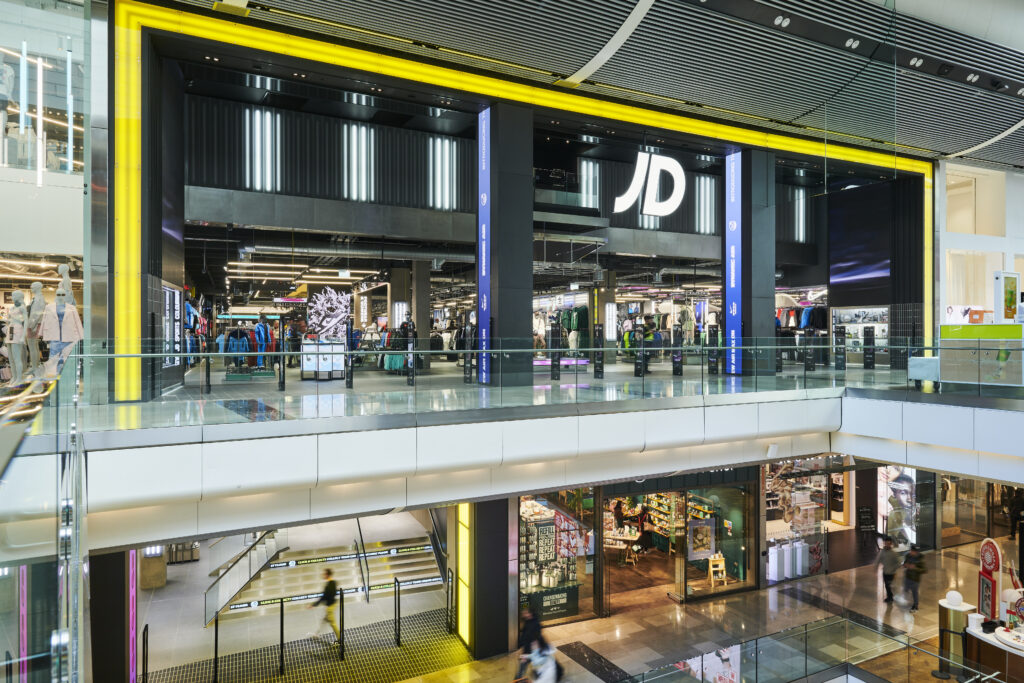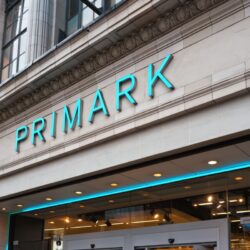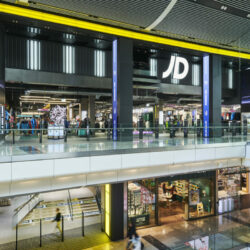News of Primark‘s sales growth has prompted the announcement of its plans to open 10 stores in the US by 2016. The stores will all be located on the East Coast “in major metro areas in the corridor from Baltimore to Boston”, including a 70,000 sq ft store in Boston‘s downtown area, according to finance director John Bason.
The retailer‘s encouraging results were announced by Primark‘s parent company, Associated British Foods, who reported that profits would now exceed the 13.1 per cent margin achieved in the financial year to September. Analysts calculated that Primark would produce £600m of operating profits, with an increase in like-for-like sales of 4.5 per cent on the previous year. Although impressive, this was nevertheless below the predictions of City analysts of 5.2 per cent, meaning shares fell by almost 4 per cent during the first few hours of trading this morning.
Learning from the mistakes of fellow British retailers such as Tesco and Marks and Spencer, Bason said: “concentrating on one area and getting it right makes a lot of sense to us”. Furthermore, opening stores in the north east of the country – where fashion senses tend to be more in line with European trends – seemed a logical step. It would not be looking to open a store in Manhattan like rivals Top Shop, however.
Domestically, Primark continued to growth and refine its operations, opening up 1.4 million sq ft of store space over the course of the year whilst also closing seven smaller stores in preference of larger, better positioned stores. The relocation of some factories to Turkey and Eastern Europe (in addition to the existing factories in the Far East) to create a more rapid supply chain to Europe has also aided growth, “reflecting the benefit of warehouse and distribution efficiencies and lower freight rates”.
Primark‘s success was driven by “highly successful autumn/winter and spring/summer ranges”, according to a spokesperson at AB Foods. This included a very busy Christmas as well as good weather in the early spring, which stimulated a premature start to sales of the spring/summer ranges.
The news will be a welcome boost to AB Foods, but will be offset by the losses made in their operations elsewhere, which include AB Sugar and well-known grocery brands such as Kingsmill. The parent group said its sugar business continued to suffer from “unsustainably low” pricing Alan Erskine, retail analyst at UBS, attributed this fall in profits to “weak EU selling prices” which will result in “a significant reduction in sugar profits next year”. Primark is now estimated to be worth 80 per cent of AB Foods‘ market value.

















